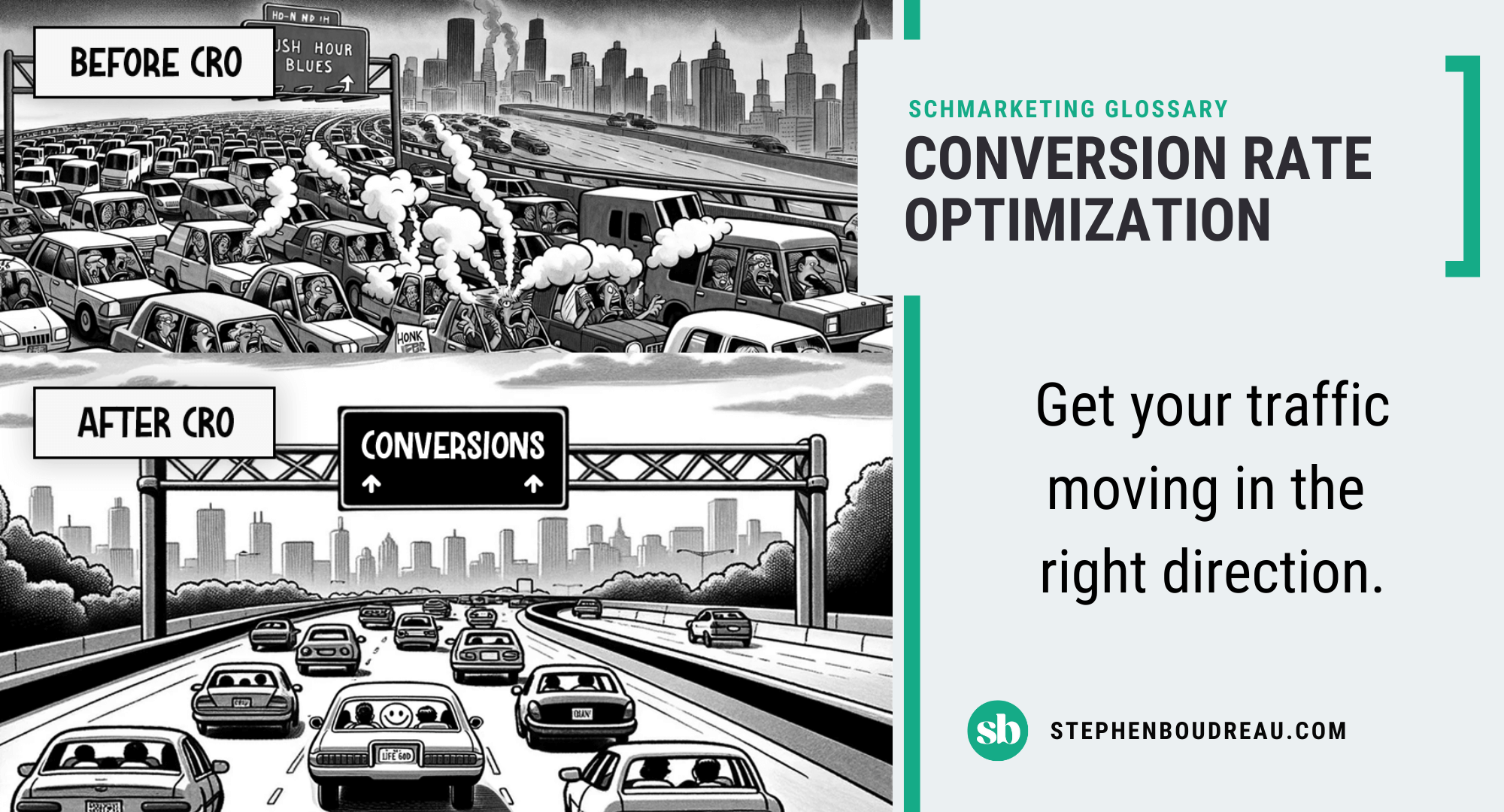At Scale

What does “At Scale” mean?
“At scale” in the business world means a company can grow and take on more demand without falling apart. It’s like having a recipe that feeds two people and magically adjusts to feed two hundred without losing flavor. This involves using smart technology and processes to handle more work, customers, or data efficiently. So, when a business says it operates “at scale,” it’s boasting about its ability to expand smoothly and sustainably, managing growth without a hitch.
Synonyms: Expansion, Growth Optimization, High-Volume Production, Handling Larger Volumes, The Required Size to Solve the Problem
Antonyms: Limited Capacity, Small-Scale Operation, Niche Production, Low-Volume, Boutique Service
Helpful Analogy
Implementing a project at scale is like hosting a neighborhood barbecue that grows into a city-wide food festival. Initially, you might only need a small grill and a few hot dogs to satisfy a handful of neighbors (your initial customer base). But as word spreads and more people show up, you need larger grills, more food, and better organization to handle the increasing crowd. Just as you need to scale up your resources and logistics for the festival, businesses need to scale their operations and infrastructure to handle growth and serve a larger audience effectively.
The Unjargoned Truth on “At Scale”
“Great things are not done by impulse, but by a series of small things brought together.”
Vincent Van Gogh
Growing up, my family’s idea of fine dining was the all-you-can-eat buffet at Furr’s Cafeteria.
My parents would pile our plates high with everything from mashed potatoes to jello squares, while I, the budding food critic, surveyed the chaotic splendor. I learned early on that more isn’t always better. Sometimes it’s just… more.
This lesson stuck with me, especially when thinking about the way businesses grow and adapt—or fail to adapt—over time.
Imagine a small bakery in a sleepy town. Our hero, let’s call her Luna, crafts the most divine cupcakes this side of heaven. Luna’s customers adore her, not just for her confectionery wizardry but because she remembers their names, their favorite flavors, and even their birthdays.
Business is good, life is sweet, and then—BAM! One viral Instagram post later, Luna’s Bites is the hottest bakery in the city. Orders flood in, lines wrap around the block, and Luna is living the dream.
Or so she thinks.
Overnight success is great for the ego but terrible for logistics. Luna quickly finds herself in the weeds. The personal touch that made her special? Gone. Replaced by harried assistants and pre-printed birthday cards. Customers who once felt cherished now feel like numbers, and Luna’s famous cupcakes start to taste suspiciously like mediocrity.
This is where scaling a business comes into play.
As businesses grow, the challenge isn’t just to do more of what you’re already doing. It’s to do it better, smarter, and in a way that keeps the essence of what made you great in the first place. This requires a series of small, deliberate actions—much like those cupcakes, where each ingredient matters.
Scaling isn’t just about increasing output—it’s about enhancing the quality of every interaction. When you think about it, every touchpoint with a customer is an opportunity to reinforce your brand’s promise. It’s a chance to say, “We see you, we value you, and we’re here to make your life just a little bit better.”
This might sound like a lot of work, and it is, but it’s also where the magic happens.
A company that scales thoughtfully is like a well-oiled machine, where every cog and wheel is perfectly aligned to deliver exceptional value. This isn’t just good for business—it’s good for the soul. And trust me, your customers can tell the difference.
Take a page from the book of successful scaling. Look at companies that have managed to grow without losing their charm. They’ve done it by investing in systems and processes that support their core values. They use technology as a bridge to connect with their audience on a deeper level. Think of CRM systems that remember your preferences, automated emails that feel personal, and customer service that actually serves.
Consider Airbnb, the quirky startup that went from renting out air mattresses to becoming the Martha Stewart of vacation stays. They’ve managed to keep that homespun charm, using data like a psychic to match guests with their ideal hosts. It’s like having a concierge with a sixth sense.
Their use of AI and machine learning to predict guest preferences and recommend listings isn’t just clever—it’s borderline magical. They’ve also invested in host education and community support, ensuring that the hospitality experience feels personal, whether you’re staying in a yurt in Mongolia or a penthouse in Manhattan.

Then there’s Zappos, whose customer service is so legendary, it makes your grandmother’s doting look like amateur hour. They’ve built a culture where employees are basically superheroes in headsets, ready to save the day, one shoe crisis at a time.
They’re known for their 365-day return policy and willingness to go to absurd lengths to make customers happy—like sending flowers to customers or helping someone find a pizza place in the middle of the night. Their service isn’t just a department—it’s the lifeblood of the company, and they’ve maintained this ethos even as they’ve scaled to serve millions.

And let’s not forget Spotify, the digital DJ that knows your guilty pleasures better than you do. Their algorithms are like musical sommeliers, curating playlists that make you feel seen and understood, even when you’re into both death metal and disco. They’ve mastered the art of using user data to create a highly personalized experience.
Features like Discover Weekly and Daily Mixes feel like they were crafted just for you because, well, they kind of were. Spotify also uses its platform to connect artists and fans in innovative ways, from exclusive releases to personalized year-in-review experiences, keeping that intimate connection even as they dominate the streaming world.
These companies have scaled not by becoming soulless giants but by keeping the heart and soul of their brand intact, all while using tech as their magic wand to sprinkle a little extra pixie dust on the customer experience. They’ve shown that growth doesn’t have to mean losing touch—it can mean reaching out and touching even more lives, and doing so with the same care and attention that got them noticed in the first place.
But let’s not sugarcoat it: scaling is hard.
It’s like trying to solve a puzzle while riding a roller coaster. There will be setbacks, missteps, and moments of sheer panic. The key is to stay focused on the small things—the ingredients that made your business special in the first place. It’s these small things, brought together, that create something truly great.
As marketers, it’s our job to help businesses understand and navigate this journey. We are the unsung heroes behind the scenes, optimizing campaigns, analyzing data, and crafting messages that resonate. We understand that every click, every like, and every purchase is a tiny victory in a larger battle. And we know that true success is built, not in a burst of impulsive energy, but through a series of well-thought-out actions.
So, next time you find yourself overwhelmed by the prospect of scaling, remember Luna’s cupcakes. Remember that it’s the attention to detail, the commitment to quality, and the genuine connection with your customers that will see you through. And maybe, just maybe, you’ll find that growing your business doesn’t mean losing your soul.
Instead, it means expanding it, one small step at a time.




